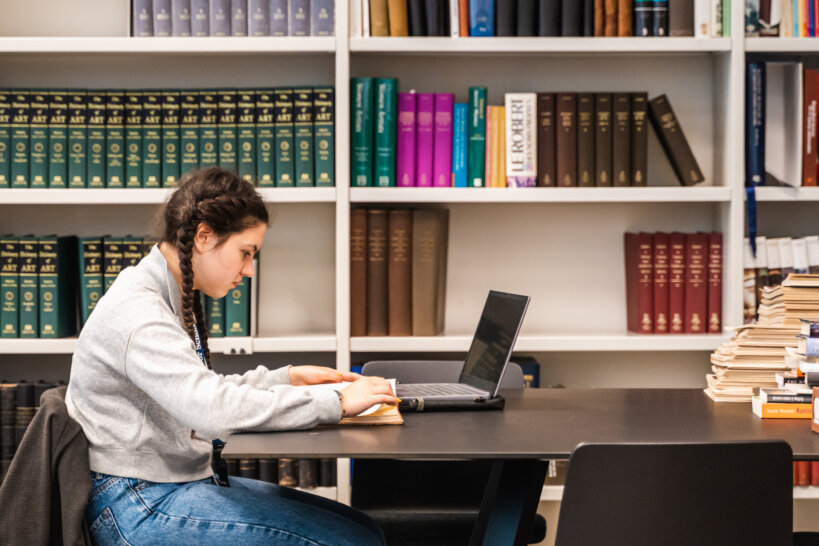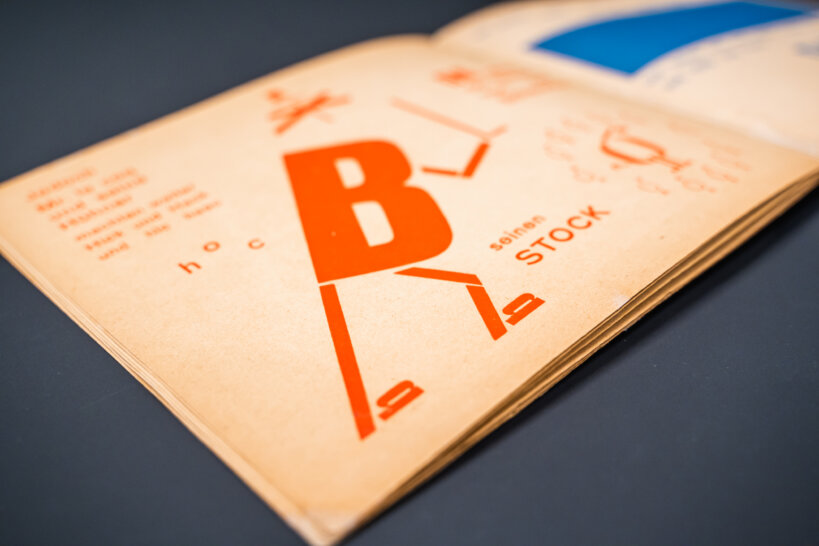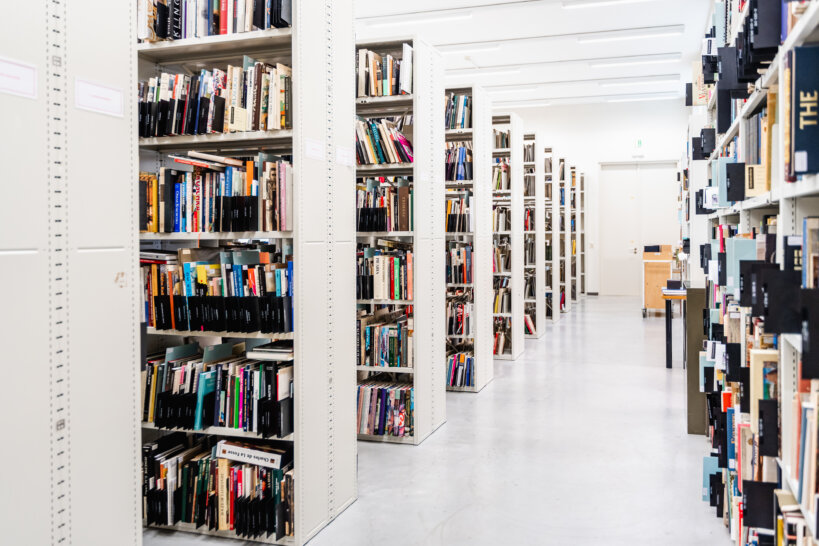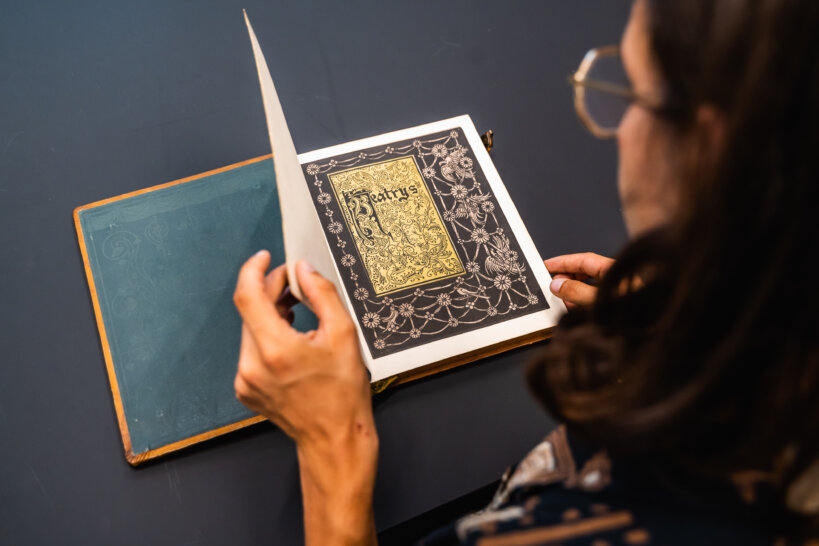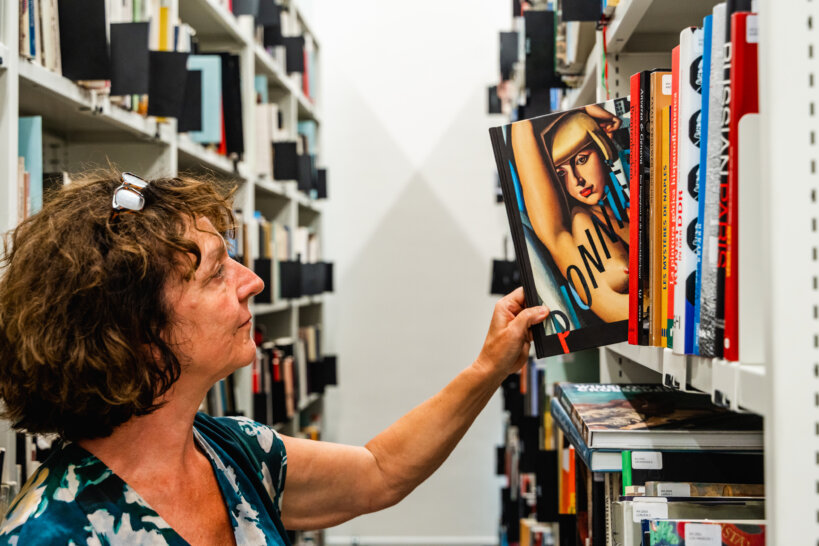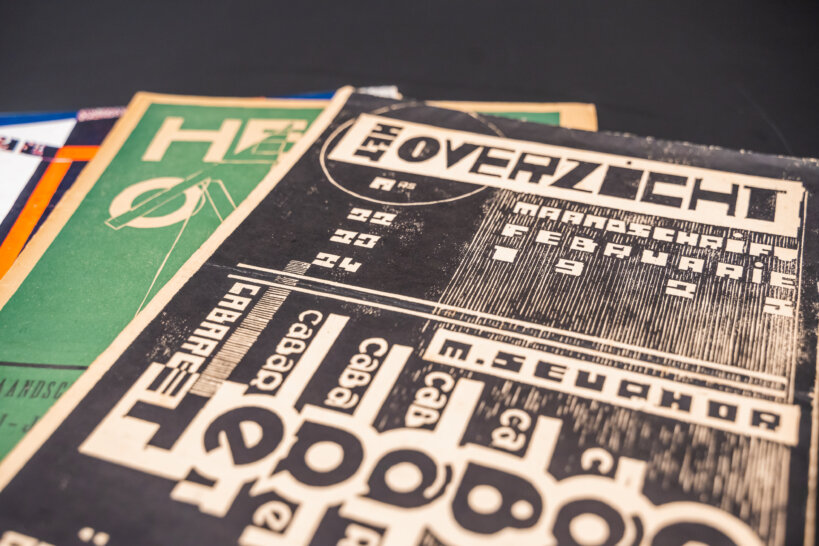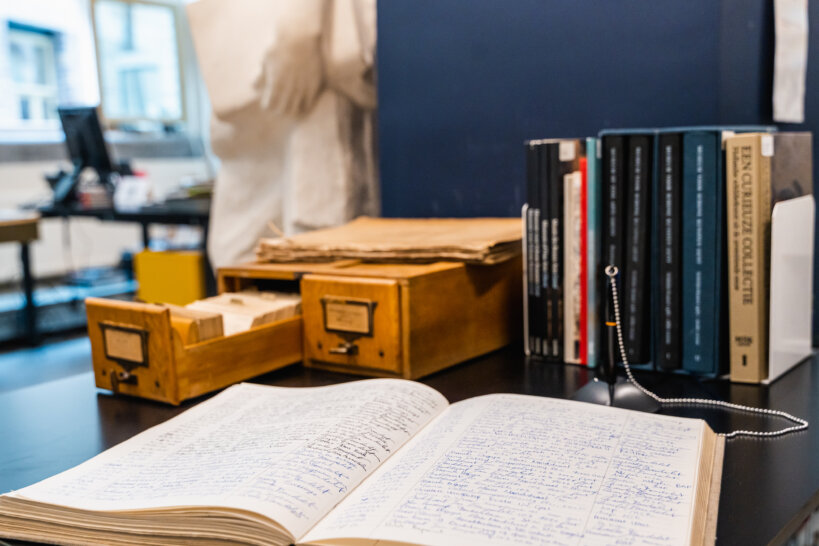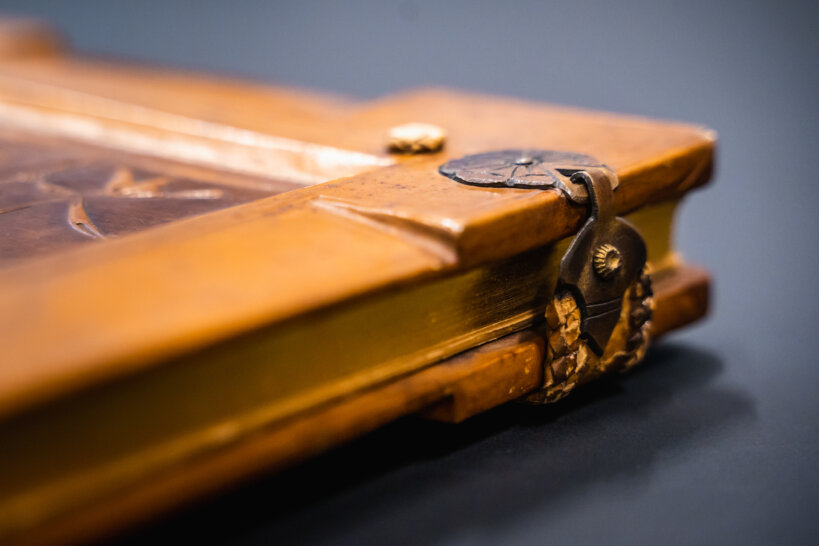Search the library online
About 90% of the library stock and the precious collection can be consulted online, via the Catalogue of Scientific Libraries in Ghent (CaGeWeb) and the Union Catalogue of Belgian Libraries (Unicat).
The peridocal collection can be found on Antilope.
Museum Library
The specialised museum library is an important tool for scientific research about the collection and for the preparation of the exhibitions. Students, researchers and anyone with a keen interest in art can visit the library for information. The content of the library reflects the museum collection. It primarily focuses on Western European art, from the late Middle Ages to the first half of the twentieth century.
Books and journals
The collection comprises over 40,000 books, including monographs and catalogues raisonnés, exhibition and museum catalogues. The journal collection comprises about 1,000 journals, including about 30 current journals.
- The library is accessible by appointment
- From Monday to Friday
- Books can only be consulted in the reading room
Precious collection
In the past decades, the Museum of Fine Arts Ghent developed a precious reserve on nineteenth and early twentieth-century art, based on a historic collection of exhibition and auction catalogues that was collected around 1900. The collection comprises valuable (illustrated) books, artist’s books, historic journals and salon catalogues.
These publications are of indispensable importance for the study of this period. At the same time, many of these books are directly related to the work of the artists involved, who considered book publishing an extension of the visual art they produced.
- The precious collection is very fragile
- Consultation is only possible in exceptional cases, by appointment
Documentation and archives
In December 2002, the museum established a documentation centre specialising in art and culture of the nineteenth century and the first half of the twentieth century, with support from the Flemish Community. It aims to be a research centre where art historical documents and archival documents are made available to the public. The emphasis is on Flemish art, in a wider national and international context.
